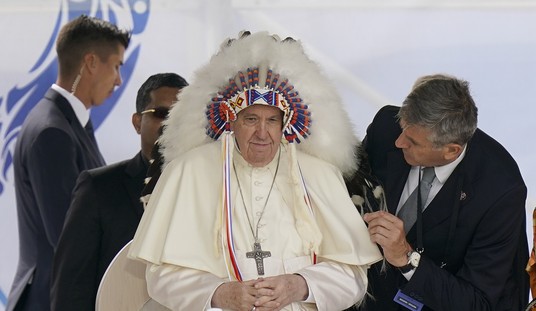Today marks the first of nine summer recall elections related to the passage of Wisconsin Gov. Scott Walker’s controversial bill to limit collective bargaining and to require public employees to pay more into their health and pension plans. Three Democrat senators and six Republican senators face a Wisconsin voting public that wants a second say about them. Nor will the efforts to recall Wisconsin legislators end with state senators. Democrats have vowed to recall Walker, as well.
But the attempt to oust the steadfast Badger State executive demands high Democratic turnout and low GOP participation in the special election — and Democrats are already worried that, if they start collecting signatures for Walker’s recall in the fall, the recall election itself will fall on the same day as the GOP presidential primary next spring when GOP turnout would be especially high. The Washington Post’s Greg Sargent explains:
Leading Wisconsin Dems are leaning towards a plan to ensure that the recall election against Walker is held on the same day as the November general election in 2012. This would ensure maximum turnout among Dems in the state, making Walker’s recall more likely, and provide a big boost in grassroots energy that could help Obama win a key swing state.
But Graeme Zielinski, a spokesman for Wisconsin Dems, tells me that party members have picked up private scuttlebutt from Republicans that they have another scheme in mind — to ensure that the recall election is held on the same day in April as the GOP presidential primary.
Here’s the situation, in a nutshell: The date of the recall depends on when signature gathering for the election starts. If it starts this fall, just after the recalls against state senators wrap up, activists will have 60 days to collect the required signatures. If they succeed by the end of the year, Wisconsin officials very well may schedule the Walker recall to coincide with the next big statewide election: The GOP primary.
Some local activists on the Dem side want to begin collecting signatures for Walker’s recall just after the current elections conclude, in order to build on their momentum. But some top Dems worry that this will play into the hands of Republicans who want this timeline. What’s more, Dems expect Republicans to try to encourage this outcome by launching their own dirty-trick drives to collect signatures for Walker ’s recall on this timeline, in order to force the earlier date.
It’s interesting that Sargent — who has followed the Wisconsin story closely and written extensively about the Republicans’ “dirty tricks” in the recall elections — manages to spin this in favor of the Democrats, as though Democrats, not Republicans, have shown respect for the electoral process throughout the entire controversy. But Democrats started the movement to recall rightfully elected senators in the first place, betraying an unseemly impatience to thwart Walker’s transparent administration (everything he’s done, he said he would do during his campaign!) and to enact a union agenda. After all, all nine recalled state senators would have stood for reelection eventually, just as Walker would have.
If it’s true Wisconsin Republicans would stoop so low as to initiate a drive for signatures to recall Walker just to ensure the election falls on the same day as the GOP primary, that’s highly disappointing. But it’s not at all clear that that’s the case from Sargent’s article. What is clear is that Democrats are strategizing about this in a way that shows little respect for the voters themselves, worrying more about outcomes than about giving the public a chance to speak through the special election.
The maneuvering needs to stop. At some point, party (and union!) leaders have to accept what Wisconsin voters decide. They should have accepted it in the first place, with the initial election of Walker and a Republican majority in the Senate. But if they insist on special elections, then let the special elections just take place as “ordinarily” as a “special” election can.








Join the conversation as a VIP Member